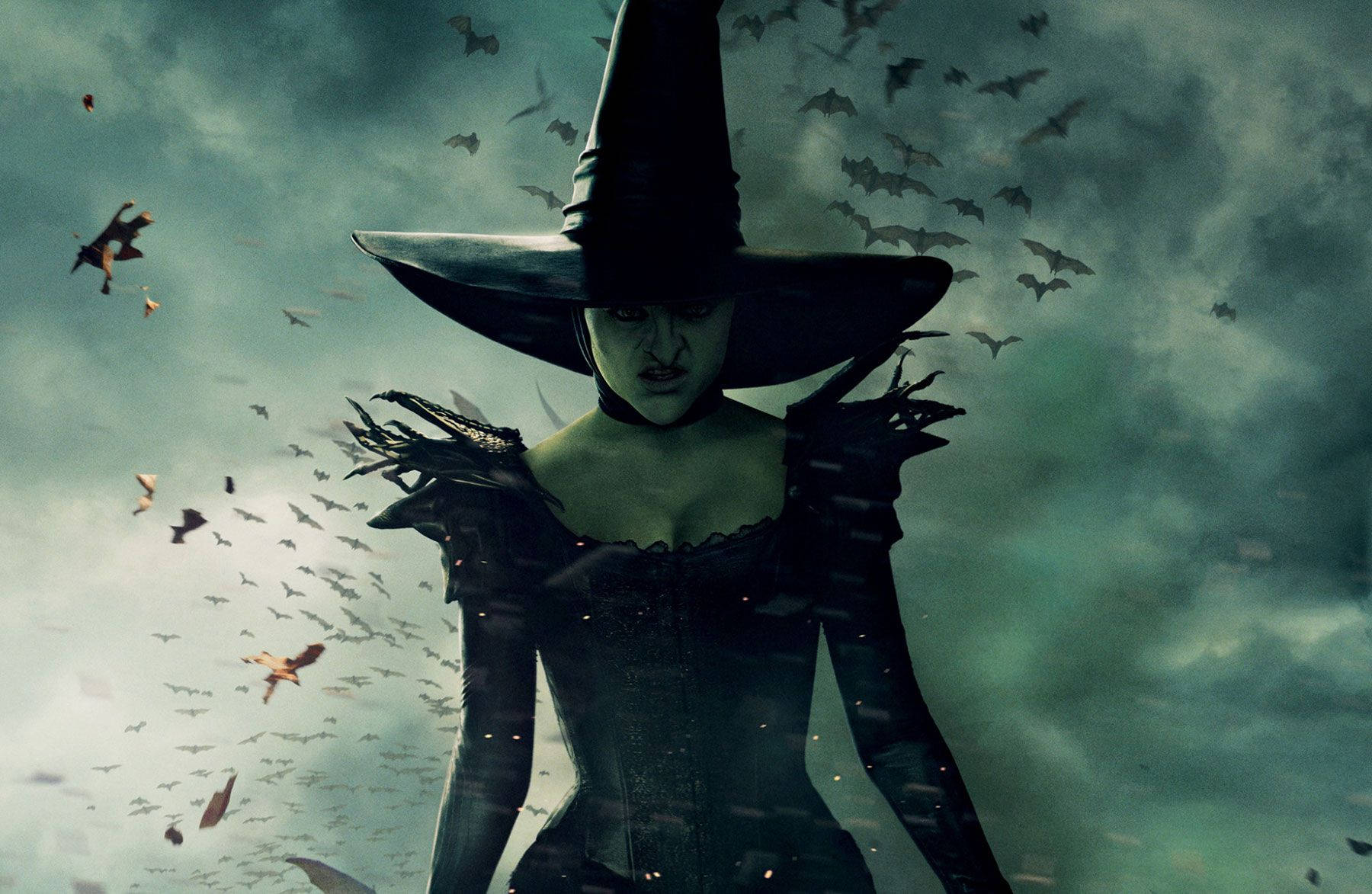
FAQ About Magic in the Middle Ages
Magic in the Middle Ages
2 years ago | gizem
Were there any laws or regulations against practicing magic during this time?
Yes, there were laws and regulations against practicing magic during the Middle Ages. The perception of magic as a threat to religious and societal order led to the implementation of various legal measures to suppress and control magical practices. The severity of these laws varied across different regions and time periods, but the general trend was to condemn and punish those accused of engaging in magical activities. Here are some examples of the laws and regulations against practicing magic during the medieval period:
- Canon Law: The Christian Church played a significant role in regulating magical practices through canon law. The Church condemned various forms of magic and occult practices as heresy and prohibited clergy from engaging in magical activities.
- Secular Laws: Secular authorities also passed laws against witchcraft and sorcery. Local, regional, and national laws were implemented to prosecute those suspected of using magic to harm others or disrupt social order.
- Summis Desiderantes: In 1484, Pope Innocent VIII issued the papal bull "Summis Desiderantes Affectibus," which authorized the inquisition to investigate and prosecute witchcraft and sorcery. This papal bull provided legal justification for witch hunts and trials.
- The Canon Episcopi: The Canon Episcopi, a church decree from the early medieval period, rejected belief in witches and magical practices. It discouraged the belief in night flights and assemblies with the devil, indicating that such beliefs were illusory and unorthodox.
- Secular Witch Trials: From the late 16th century to the 17th century, witch trials became more widespread, and laws against witchcraft were codified in some regions. The most infamous witch trials occurred during the European witch hunts, which led to the execution of thousands of people accused of practicing magic.
- Regulations on Healing Practices: In some cases, laws were enacted to control the activities of healers, midwives, and other practitioners of folk medicine, as they were believed to engage in magical practices.
- Forbidden Grimoires: Some magical texts, such as grimoires and spellbooks, were deemed illegal and prohibited by religious and secular authorities due to their association with occult practices.
- Confiscation of Magical Objects: In certain instances, magical objects, such as talismans or charms, were seized and destroyed by authorities to suppress magical practices.
